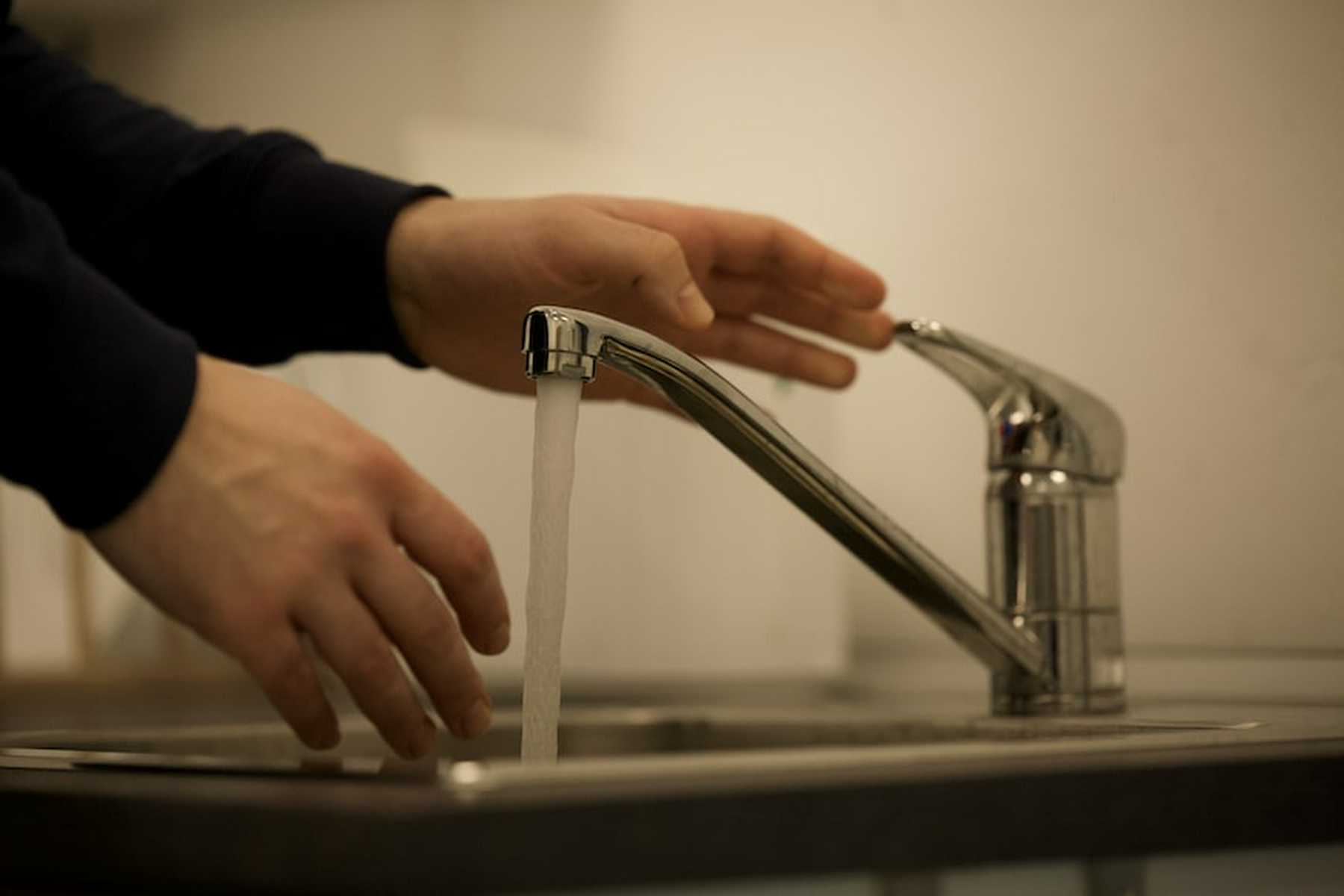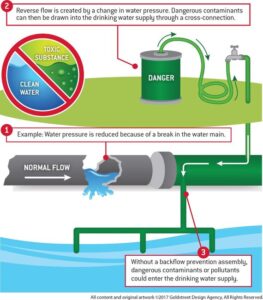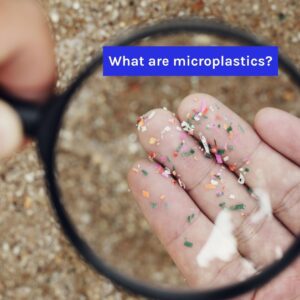You might be asking, “what’s the difference between hard and soft water, and why does it matter?” You’ve come to the right place if you’re looking for simple answers and a practical solution for hard water woes. In this short article, we will cover the differences between hard and soft water and how to determine if your water is hard.
What is Hard Water?
Water can be considered hard if it contains more than 17 parts per million of magnesium, calcium, or other minerals. Hard water can vary from being slightly hard to very hard, depending on whether it contains closer to 17 parts per million or 180 parts per million. While your water may be technically hard, it might not cause any problems if it’s only slightly hard.
What is Soft Water?
Soft water refers to water that contains fewer than 17 parts per million of magnesium, calcium, or other hardening minerals. When water is soft, it usually contains higher levels of sodium than hard water.
In most cases, soft water is preferred over hard for several reasons, which we’ll cover in a moment.
What Causes Hard Water?
When water travels underground, it might pass through mineral deposits nestled between one point and the next. Because groundwater passes through these deposits, it tends to pick up molecules of the minerals in question. The microscopic mineral deposits then cause the groundwater to become hard rather than soft.
The Effects of Hard & Soft Water
If water is hard enough, it can become quite noticeable in several ways. For example, people showering or washing clothes in hard water might find that they’re experiencing significantly dry, flaky skin. Further, their laundry might appear dull, faded, and somewhat stiff for no apparent reason.
Hard water might also cause clear dishes to appear foggy and develop hard water “spots” that don’t come off after the dishes are clean.
Plumbing issues can also occur due to hard water, as when water is at least moderately hard, it can slowly add mineral deposits along the insides of plumbing pipes or around the openings of faucets. This can lead to seemingly low water pressure, weak water flows, and pipe corrosion.
Soft water, on the other hand, doesn’t commonly cause any of these issues, as it’s far more gentle on clothes, dishes, skin, and plumbing.
How to Correct Hard Water
Residents who live in areas with hard water don’t have to put up with it. Water softening systems are available, and when a water treatment professional installs one of these systems in an individual’s home, the system works to separate the mineral content from the groundwater before sending it through the home’s plumbing.
As such, the hardness disappears, and the problems associated with hard water also fade away.
If you find the signs of hard water we mentioned above familiar, reach out to Southlantic. We offer effective water treatment solutions that can eliminate the inconveniences that hard water produces. Protect your plumbing, preserve your clothing, get sparkling dishes, and take advantage of soft, moisturized skin. Give us a call anytime.






